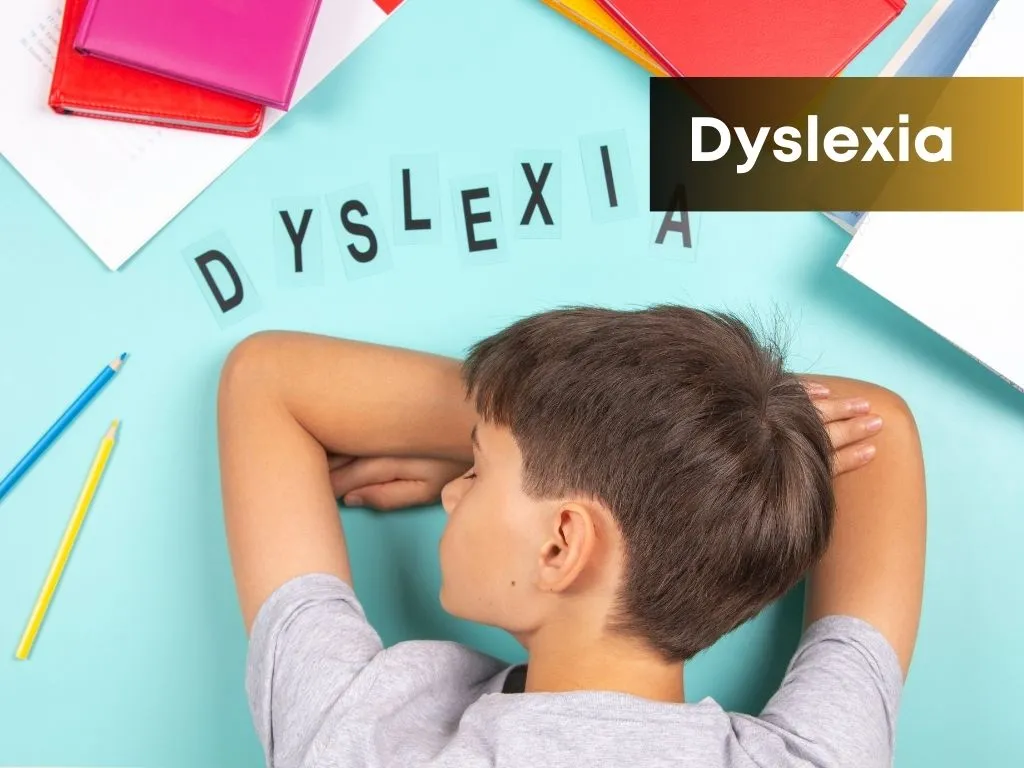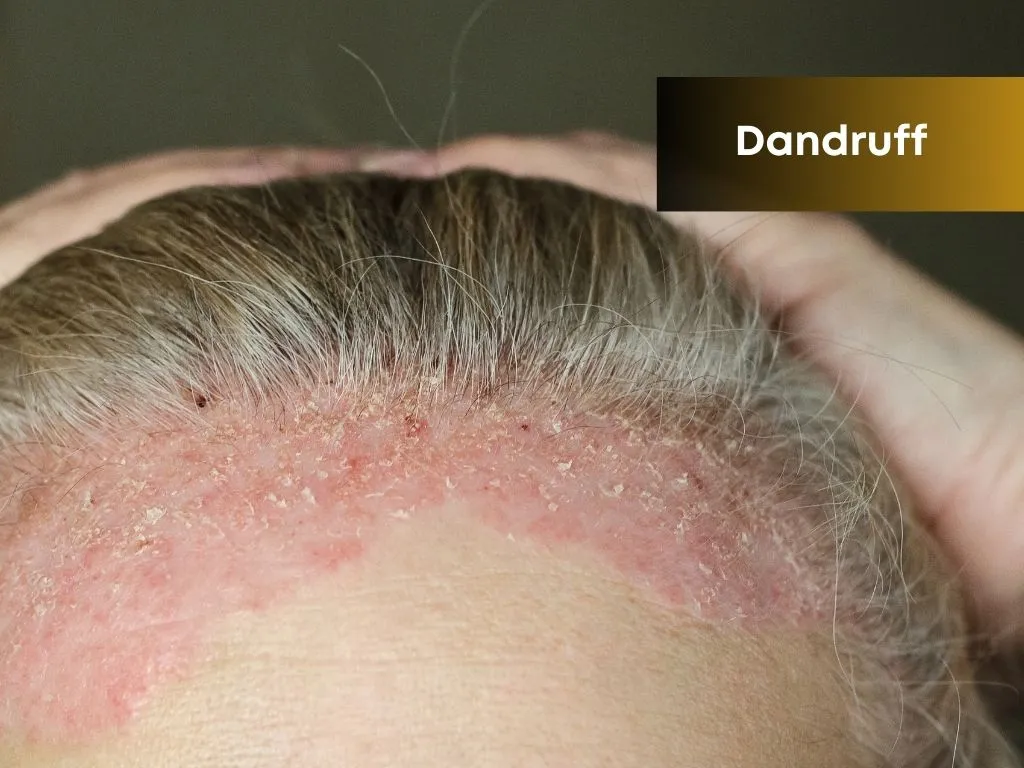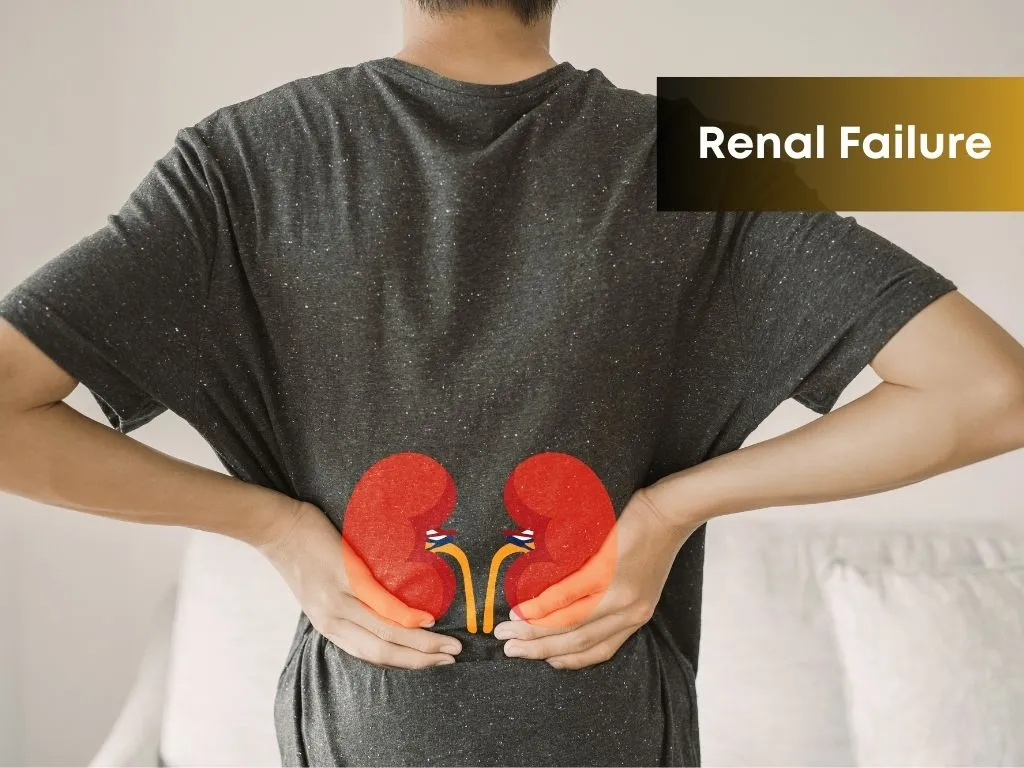Dyslexia
-
 Nalamaree Team
Nalamaree Team
- 24 September 2025
Overview
Dyslexia is a learning disorder characterized by difficulty with reading, spelling, and writing despite normal intelligence and adequate instruction.
It is a neurological condition that affects the way the brain processes written and sometimes spoken language.
People with dyslexia may have trouble recognizing words, understanding the relationship between letters and sounds, and decoding written language.
Causes
Symptoms
Treatment: Modern Medicine
Treatment: Traditional Medicine
While there are no specific "traditional" or "home remedies" that can cure dyslexia, there are some strategies and practices that may complement formal interventions and support the overall well-being of individuals with dyslexia.
Caution





















.jpg.webp)
